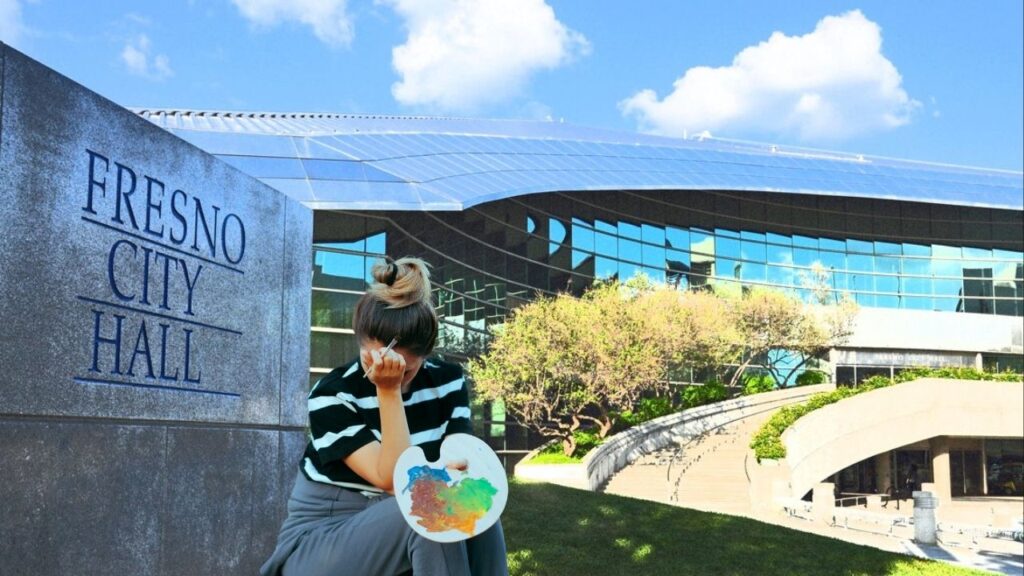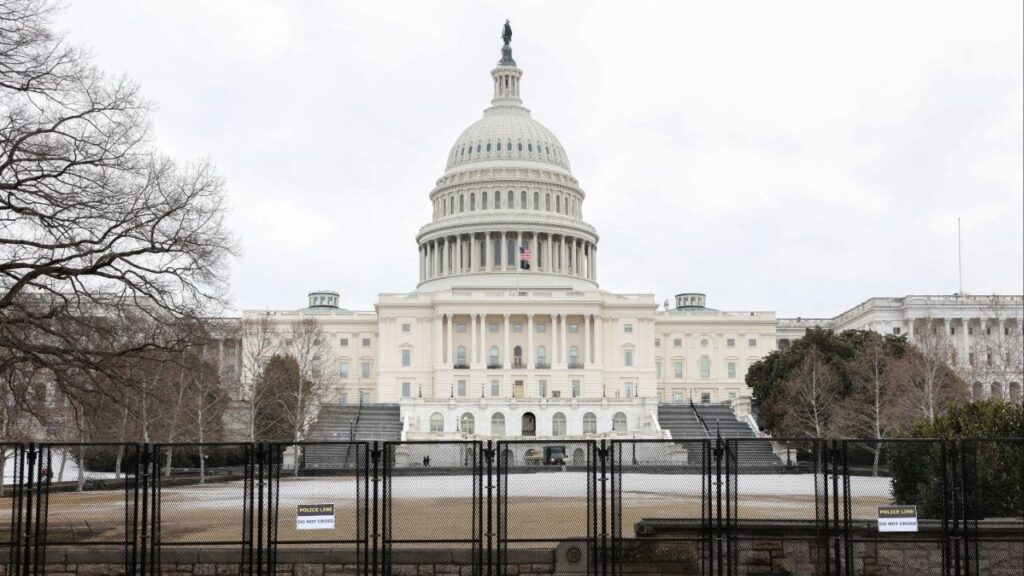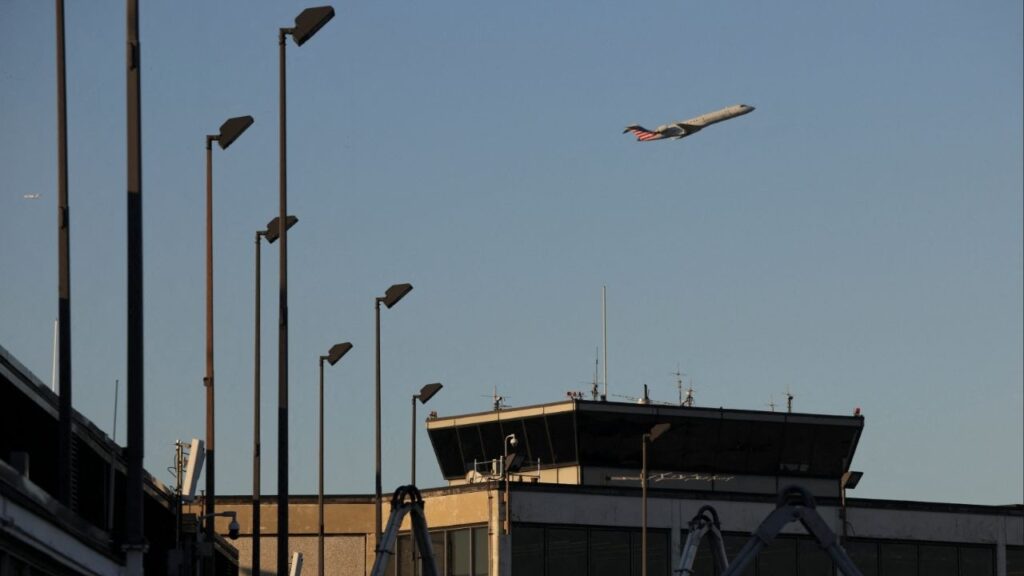Share
California voters have seen a deluge of local government tax and bond measures in recent elections and will face even more this year.
The California Taxpayers Association has counted 231 local sales and parcel tax increases and bond issues (which automatically increase property taxes if approved) on the March 3 primary ballot alone.

Dan Walters
Opinion
Turnout in March will be very lopsided in favor of Democrats due to the state’s increased role in choosing a presidential nominee of their party and November’s turnout also will be heavily Democratic, given the unpopularity of President Donald Trump.
Democrats are generally more willing to increase taxes than Republican or no-party-preference voters, so it makes perfect political sense to load up this year’s ballots with taxes.
Do cities, counties and school districts really need all of the new taxes they want voters to approve, given the strong increases in revenues from existing taxes they’ve enjoyed during nearly a decade-long economic boom?
Why the Deception?
Oddly enough, many do, because their costs, particularly for pensions and health care, have been rising faster than revenues — but don’t expect local officials to acknowledge those costs as they make their pitches to voters.
They will vaguely tell voters that the additional funds are needed for “public safety” or such popular services as parks.
Why the deception? They fear voters will be less willing to vote for new taxes if they are told the money would be spent on retirement costs, and they know their unions are less willing to finance candid campaigns.
The pending measures do comply, at least sketchily, with a recent state law that local officials dislike, requiring them to declare in their ballot summaries the tax effects of their proposals.
Last year, the Legislature voted to partially repeal that law, but Gov. Gavin Newsom vetoed the measure.
“I am concerned that this bill as crafted will reduce transparency for local tax and bond measures,” Newsom wrote in his veto message.
A Simmering Dispute
Yes, the measure would reduce transparency, and that was the whole point. Its author, Sen. Scott Wiener, a San Francisco Democrat, publicly declared his concern that telling voters how much their tax burdens would increase might discourage them from approving local tax measures.
Long-standing state law says that general purpose local taxes require only simple majority voter approval, but those for specific purposes take two-thirds votes.
A few years ago, the state Supreme Court indirectly hinted that special purpose taxes placed on the ballot by initiative petition might require only simple majority approval. Since then, local judges have both affirmed the two-thirds requirement and ruled that simple majorities are sufficient, creating a legal conflict that only the Supreme Court can resolve.
Overarching the battles over local taxes is whether the high Democratic turnouts this year will also favor a statewide measure to modify the iconic Proposition 13 property tax limit, enacted in 1978, and thus allow increased taxes on commercial property.
At the moment, polls indicate that it’s a tossup, but that’s before public employee unions and commercial property owners spend tens of millions of dollars to sway voters one way or the other.
CalMatters is a public interest journalism venture committed to explaining how California’s state Capitol works and why it matters. For more stories by Dan Walters, go to calmatters.org/commentary.
[activecampaign form=31]


















